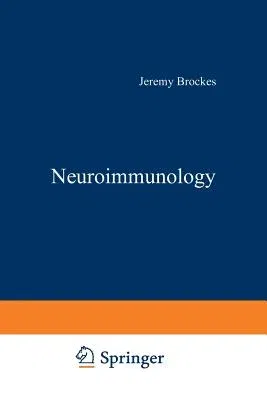Jeremy Brockes
(Author)Neuroimmunology (Softcover Reprint of the Original 1st 1982)Paperback - Softcover Reprint of the Original 1st 1982, 25 November 2012

Qty
1
Turbo
Ships in 2 - 3 days
In Stock
Free Delivery
Cash on Delivery
15 Days
Free Returns
Secure Checkout
Part of Series
Current Topics in Neurobiology
Print Length
256 pages
Language
English
Publisher
Springer
Date Published
25 Nov 2012
ISBN-10
1468441922
ISBN-13
9781468441925
Description
Product Details
Author:
Book Edition:
Softcover Reprint of the Original 1st 1982
Book Format:
Paperback
Country of Origin:
NL
Date Published:
25 November 2012
Dimensions:
22.86 x
15.24 x
1.5 cm
ISBN-10:
1468441922
ISBN-13:
9781468441925
Language:
English
Location:
New York, NY
Pages:
256
Publisher:
Weight:
376.48 gm

